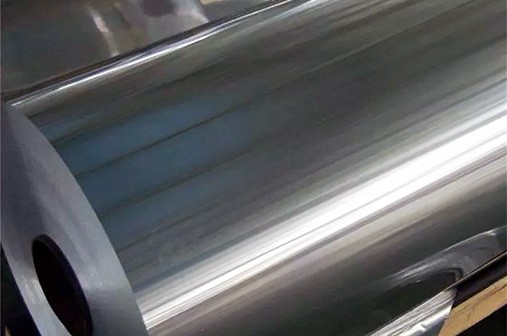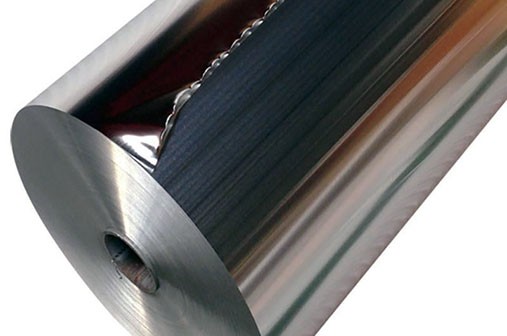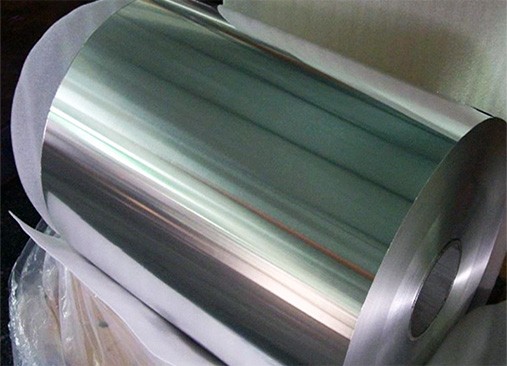Yes, it is generally safe to wrap food in aluminum foil.
Aluminum foil is a common material used for food packaging and cooking because it is lightweight, malleable, and blocks light, oxygen, and moisture, helping to preserve food freshness. It is widely used for wrapping, baking and baking.
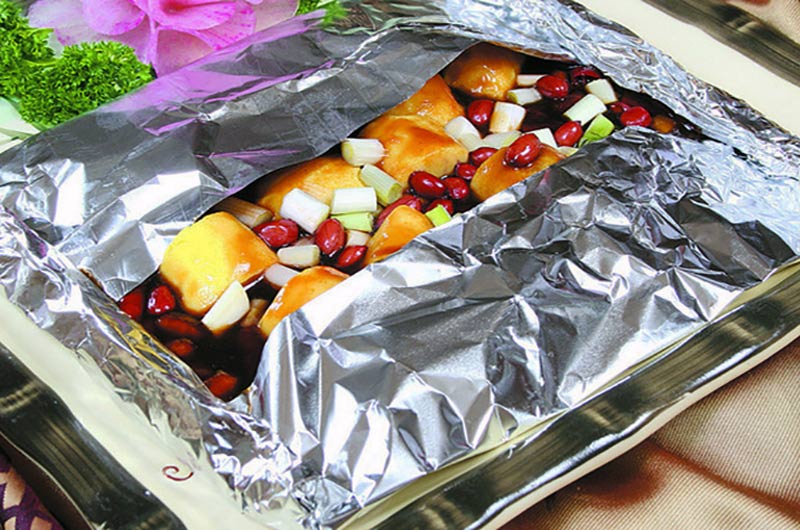
Aluminum foil used to package food is typically made from an alloy called aluminum alloy 8011. Alloy 8011 is a commonly used aluminum alloy in the food packaging industry due to its excellent properties in this application. Some of the key properties of 8011 aluminum alloy include:
- High Purity: Alloy 8011 is known for its high purity, which makes it suitable for contact with food without causing contamination.
- Malleability: It is highly malleable and can be easily molded into various shapes, making it ideal for packaging and covering food.
- Barrier properties: Aluminum foil made of 8011 alloy effectively blocks light, oxygen and moisture, helping to maintain the freshness and quality of packaged foods.
- Heat Resistance: Has good heat resistance and can be used in cooking and baking applications.
- Corrosion Resistance: Alloy 8011 has good corrosion resistance, which is important in maintaining the integrity of packaging materials.
- Recyclability: Aluminum is a highly recyclable material and aluminum foil made from 8011 alloy can be recycled, contributing to sustainable development.
However, there are some things to remember:
Acidic foods: Avoid using aluminum foil to wrap or cook foods that are highly acidic or salty, such as tomatoes, citrus fruits, or certain types of condiments. Acidity can react with aluminum, causing small amounts of aluminum to be transferred into the food. While this amount is generally considered safe, it's best to minimize direct contact between acidic foods and aluminum foil.
High Temperatures: Be careful when using aluminum foil to cook at high temperatures as it can leach the aluminum into the food, especially if the food is in contact with the foil for an extended period of time. This is more of a concern in situations such as grilling or grilling.
Non-stick coating: Some aluminum foil products come with a non-stick coating. If using such products, avoid scratching or puncturing the foil to prevent the coating from coming into contact with food.
Generally speaking, using aluminum foil to wrap and cook food is safe for most people under normal cooking conditions. However, it is important to pay attention to the specific situation and follow the recommended guidelines for safe use.
The safety of foil-packaged foods involves careful consideration of a variety of factors, including specific cooking or storage methods, the type of food involved, and personal health considerations.
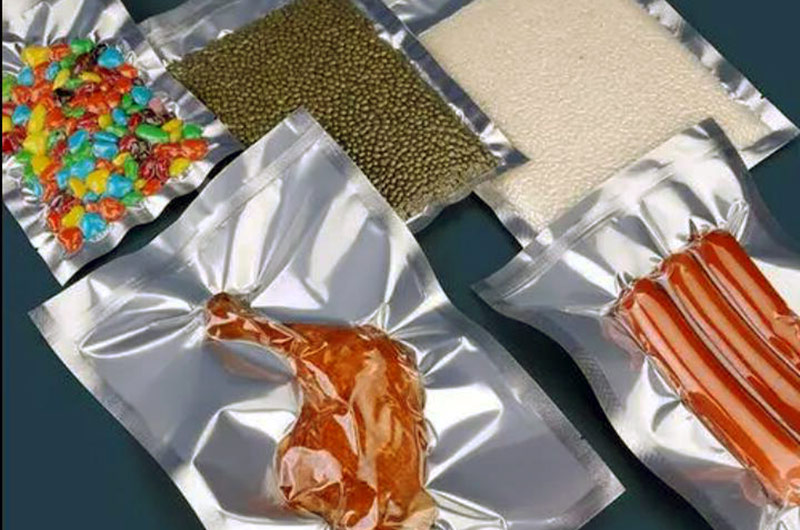
Safe use of aluminum foil in the kitchen
While there may be concerns about certain aspects of using aluminum foil, it's important to realize that when used correctly, aluminum foil can be a safe and convenient tool in the kitchen.
A. Recommended cooking methods with aluminum foil
Aluminum foil is commonly used in baking, grilling, and toasting.
B. Proper Storage Practices
Storing food in aluminum foil is a common practice, but it's important to know how to store food safely.
Aluminum foil alternatives
For those looking for alternatives to aluminum foil, there are several options.
A. Stainless steel and glass containers
Stainless steel and glass containers are often recommended as alternatives to aluminum foil
B. Silicone baking mat and parchment paper
Silicone baking mats and parchment paper are popular choices for nonstick baking surfaces.

